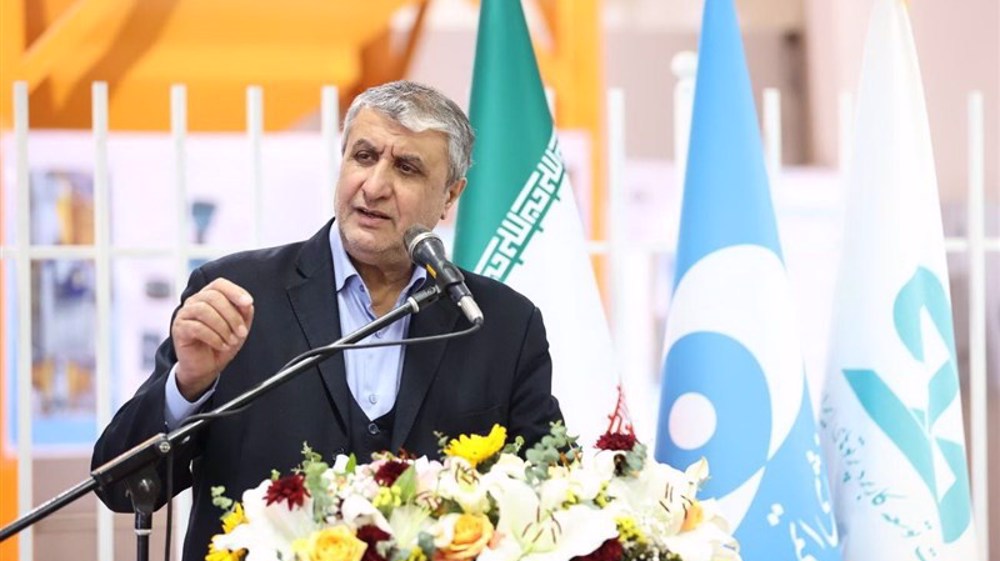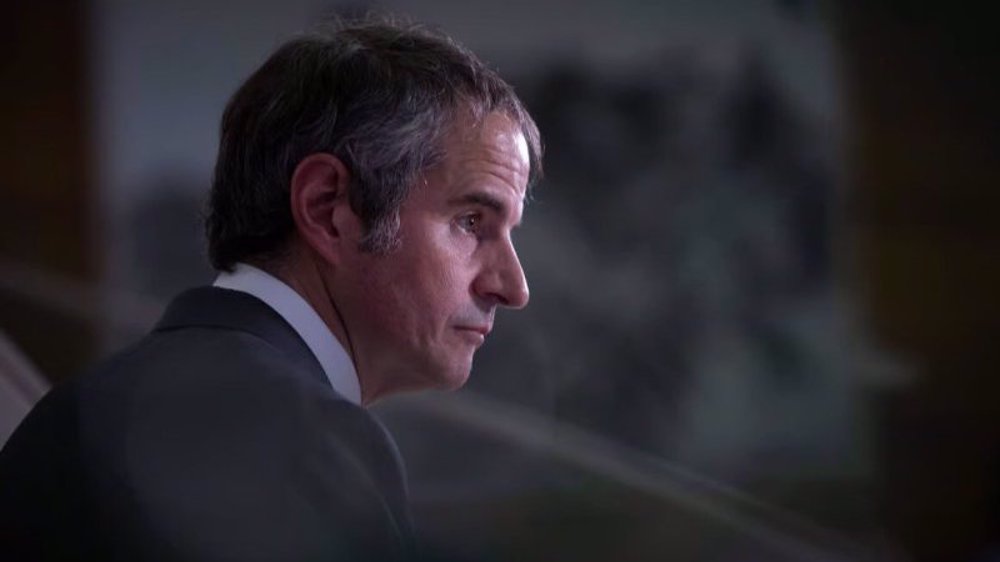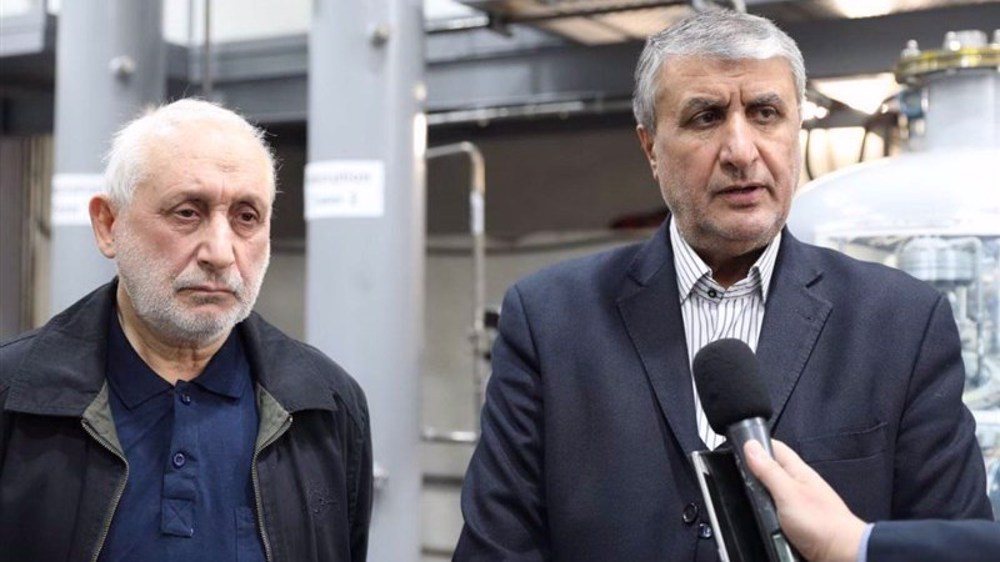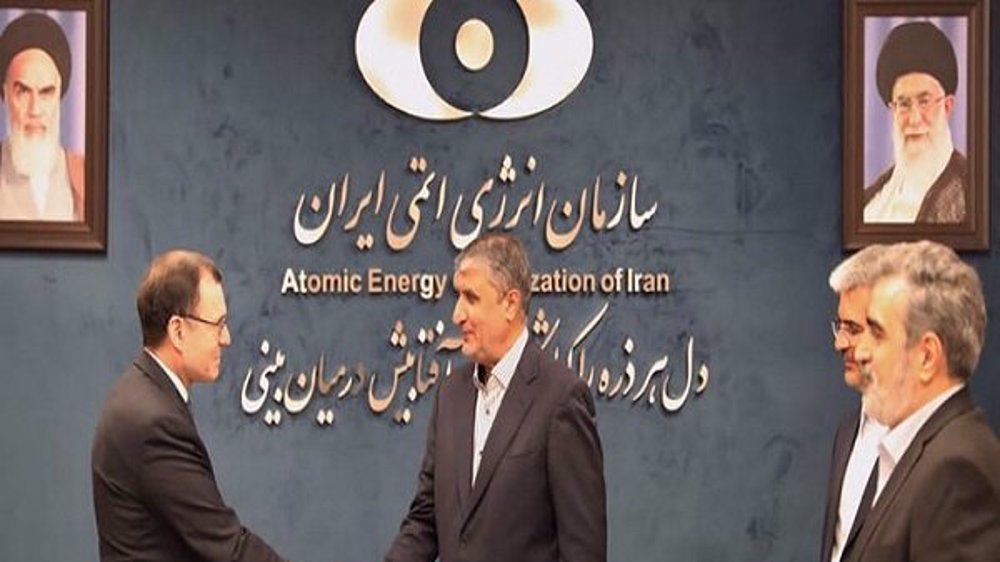Russia, Iran agree to intensify peaceful nuclear cooperation
Russia and Iran agreed to intensify dialogue on peaceful nuclear cooperation and come up with specific solutions, Russian state corporation Rosatom has said.
Rosatom Deputy Director General for International Affairs Nikolay Spassky held detailed working consultations in Tehran with Vice President of the Atomic Energy Organization of Iran Behrouz Kamalvandi and head of the Atomic Energy Organization of Iran Mohammad Eslami on Tuesday.
"All main issues of the current and future agenda of Russian-Iranian cooperation in the field of peaceful use of nuclear energy were discussed. The parties agreed to intensify the dialogue to reach specific solutions," Rosatom said in a statement issued Wednesday.
Russia has been involved in Iran’s nuclear power generation projects more than any other country. The two sides signed a number of documents in November 2014 for the construction of up to eight new nuclear power plants and the expansion of cooperation in the field of peaceful use of atomic energy.
In November 2017, Iran began building two more nuclear reactors in a joint project with Russia’s Rosatom energy firm in Bushehr.
Last September, Eslami said Tehran and Moscow had reached preliminary understanding on a framework to accelerate joint nuclear projects.
“We agreed to establish different mechanisms in the new negotiations with the aim of speeding things up,” he told reporters following a meeting with Rosatom Director General Alexey Likhachev.
“In the meeting, initial understanding was reached to carry out our nuclear projects and programs faster and with a clear picture,” Eslami said.
The joint projects, he said, include cooperation on the use of radiation in medicine and building new nuclear power plants in Iran, particularly utilization of Bushehr's phase one which is already operational and the development of its second and third phases.
His visit to Moscow came after unconfirmed reports that the Russians had slowed down work at new projects in Iran over unpaid funds.
Eslami said then the Iranian side agreed to fulfill its obligations with regard to timely payment of funds.
The Islamic Republic's aim is to build 20,000 megawatts of nuclear power capacity to meet its growing electricity demand and save more oil for exports.

Official: Iran mastering construction of nuclear power plants

Iran raps Grossi's 'political' remarks serving pretext to pressure Tehran

Iran launches project to extract, purify helium from natural gas
VIDEO | Bahraini mourners hold symbolic funeral procession for late Hezbollah leader
VIDEO | Trump's plan for Gaza
Iran’s foreign minister, parliament speaker to attend Nasrallah's funeral
Iran: Russian FM due in Tehran in coming days for key talks
Electronic Intifada director’s violent arrest and MI6 infiltration into ‘neutral’ Switzerland
‘Nothing short of Kafkaesque’: Netizens react to arrest of pro-Palestine activist in Canada
'Enemy is wicked': 17-year-old Lebanese pager victim on life after losing eyes
Geothermal is Iran’s other potential energy game-changer







 This makes it easy to access the Press TV website
This makes it easy to access the Press TV website